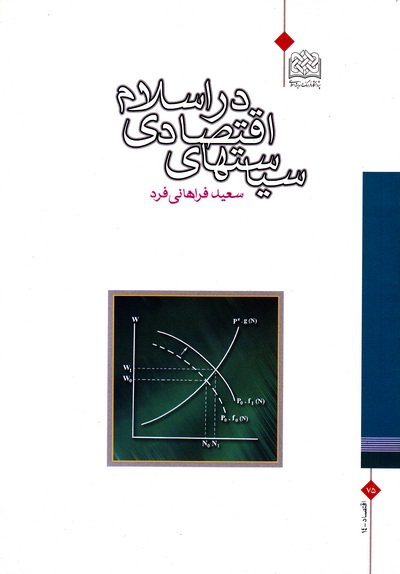Saeid Farāhāni- Fard
Introduction
Before the advent of Keynes theory in economy, for a long time, classical economists believed that economy in a long period and without the help of the government tends to reach equilibrium in full-employment by itself. On the other hand, economic policies related to the agreegate demands cannot affect unemployment and real production. It just affects on prices and the combination of real growth of domestic production. In addition, the flexibility prices and wages cause a transfer from the old equilibrium to a new one. After the Great Economic Recession in Europe (1929) and the presentation of Keynes theory based on the view that necessitated the intervention of governments to exit from crisis, the problem of demand management in economy within the framework of economic policies by governments, has always been one of the theoric discussions of the world economists and the economist’s different opinions about the howness of employing these policies have created different points of views. In addition to differences which rise from scientific and economic discussions and the belief about the effect of such policies, legal and normative discussions of each school of thought have also influenced on the howness of employing these policies.




